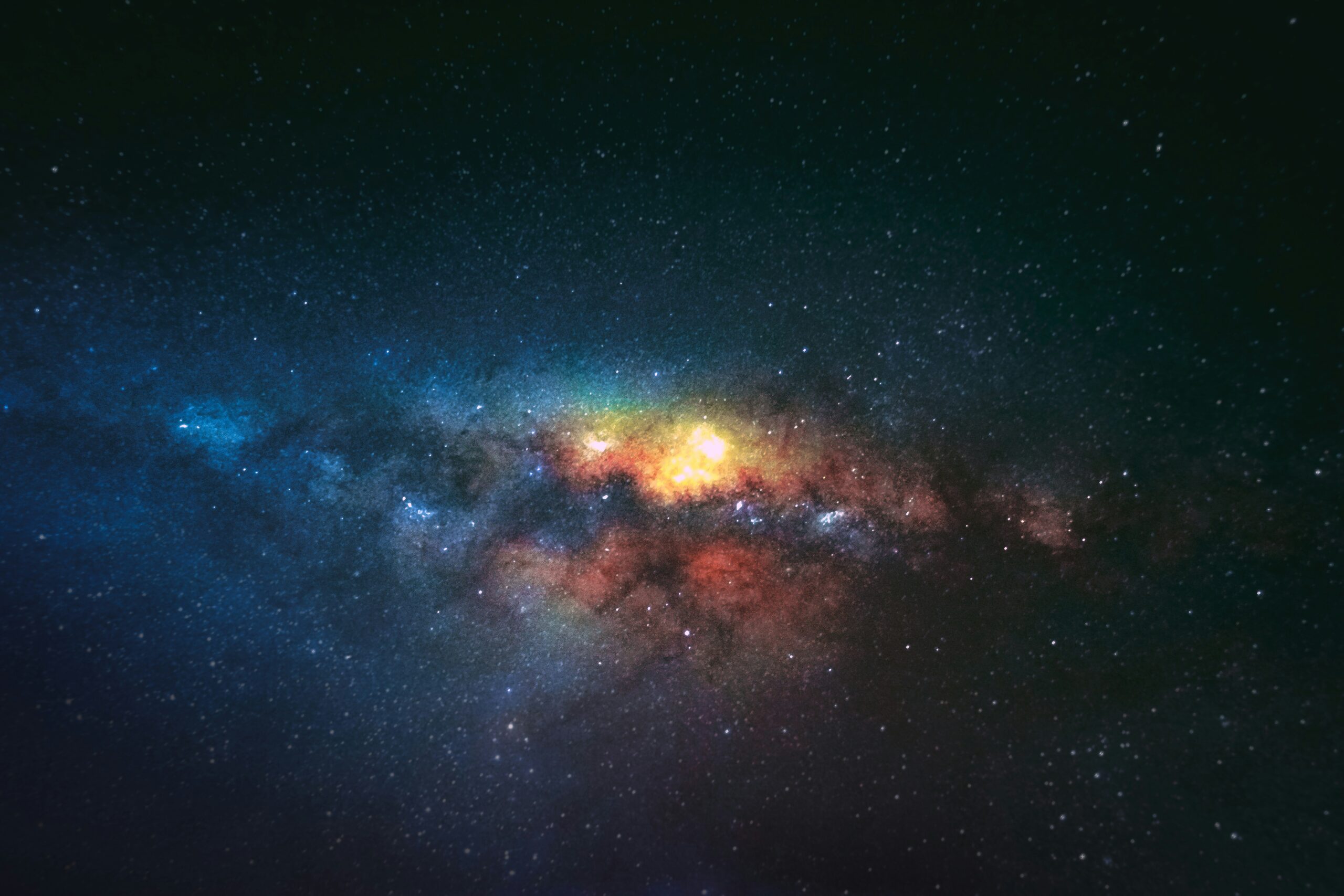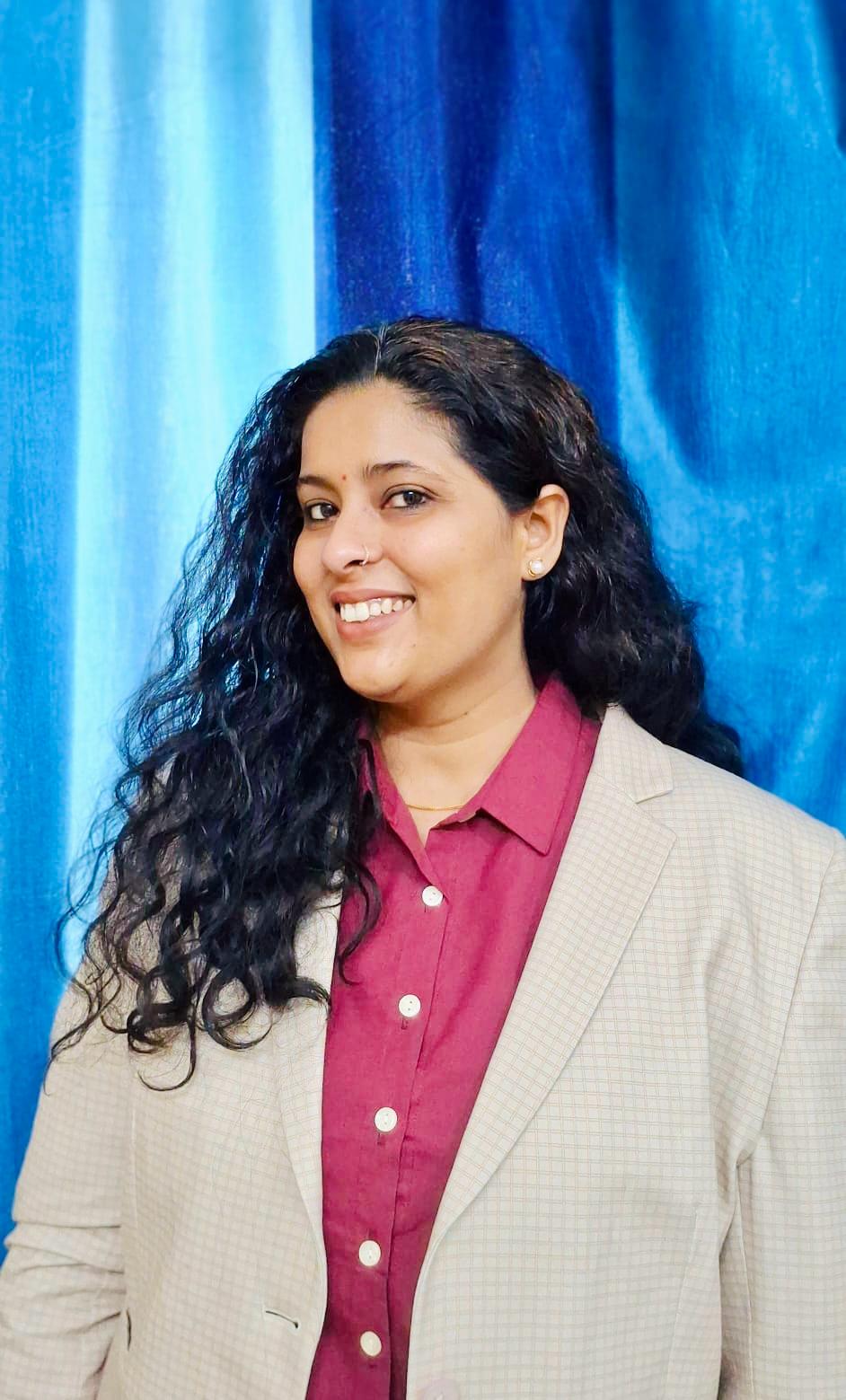Remember that moment in Swades when Mohan Bhargava, a NASA scientist, returns to India and helps electrify a village with a homemade hydro-turbine? It is the kind of cinematic nostalgia that still gives us goosebumps. However, beyond the emotional high, the film quietly asked a deeper question: what happens when bright minds trained in advanced tech return home to fix local problems?
Here is a modern remix of that thought: what if someone like Mohan returned, not with a water tank in hand, but with a vision for space law?
While engineers like him are busy launching rockets and navigating spacecraft, our lawyers are still flipping pages of statutes drafted before India even launched its first satellite. It is almost ironic: we have Chandrayaan making soft landings on the Moon, but in most Indian law schools, outer space is not even a footnote in the syllabus. If Mohan Bhargava can leave NASA for an electricity pole, maybe we can bring space law into our classrooms.
Let us accept it—space is not just for scientists anymore. With private companies launching constellations of satellites and countries eyeing the Moon for minerals, there is an urgent and immediate need for legal minds who understand this cosmic chaos. However, our legal curriculum seems to be stuck in Earth’s orbit.
Isn’t it time we took a Swades moment for space?
Where is Space Law in Our Classrooms?
Let us talk about facts. India is no longer just “catching up” in space exploration; we are making headlines. From Chandrayaan landing near the Moon’s south pole to Aditya-L1 heading to study the Sun, ISRO is punching way above its weight. However, while our space engineers are hitting milestones, our legal education system is still… buffering.
Most law schools in India do not even offer a basic elective on space law. Moreover, if they do, it is often treated like an exotic weekend hobby, fascinating but not essential. You will find students more familiar with Salmond on Torts than with the Outer Space Treaty. It is almost like space is still considered sci-fi in our legal curriculums.
This is not just a missed academic opportunity. It is a missed policy opportunity, a missed diplomacy opportunity, and a missed career opportunity. The absence of space law in our legal education system is a gap and a chasm we must bridge. Imagine this: a private company crashes a satellite that interferes with weather forecasting in another country. Who is liable? What laws apply? What if it is space debris from 20 years ago? Moreover, what if the company is Indian, but the launch happened in Kazakhstan?
These are not futuristic hypotheticals; they are fundamental questions that are happening now. However, we are producing brilliant law grads who can dissect Kelsen’s theory of norms but blank out at the mention of the Liability Convention. Space law is not a theoretical concept but a practical necessity today.
Shouldn’t we be preparing our future lawyers to navigate these celestial challenges? Or will we keep acting like “Houston” is someone else’s problem?
It is Not Rocket Science—Space Law Is Earth Law Too
Let us clear a common misconception: space law is not about arguing cases aboard the ISS or suing Martians for land encroachment. It is about Earth.
Space law is not just about the cosmos; it is about how we use satellite data for disaster management, how we ensure countries do not dump debris in orbit like interstellar junkyards, how we regulate private billionaires launching mega-constellations that might block our night skies and even hinder astronomical research. These are real-world issues that space law addresses.
Space law is about sovereignty- who gets to explore, extract, and exploit resources from the Moon or Mars?
It is about climate- how satellites monitor melting glaciers, rising sea levels, and deforestation, providing data that shapes everything from international climate negotiations to national environmental litigation.
It is also about equity- who decides the rules of the final frontier? Most powerful states write the script as things stand, and the rest of us watch like background characters in a Nolan film.
This is why space law is not niche. It is inherently interdisciplinary. Whether you are into environmental law, public international law, trade law, or human rights, space law has touchpoints. It is a field that can enrich and expand the scope of various legal disciplines.
So yes, while the thought of citing the Outer Space Treaty may not give the same thrill as a courtroom drama or a corporate law internship, ask yourself this:
Would you rather draft the next big M&A clause or help write the rules for humanity’s future among the stars? – the choice is yours, but the Law schools indeed decide to prepare you for what.
The Final Frontier Starts in the Classroom
In the last few months, I have been contacted by several students gearing up for the Manfred Lachs moot court competition. Their curiosity, passion, and dedication deserve full applause. However, what struck me was that almost all came from India’s elite law schools. The ones with big reputations, bigger alumni networks, and branding to match.
However, their understanding of space law, its principles, challenges, and promises left much to be desired. Many had to look abroad, emailing professors and practitioners across continents, searching for anyone to help them navigate this uncharted legal galaxy. It is heartening that they reached out. However, it is also telling.
Where is the guidance at home? Where can the faculty members ignite that space law spark beyond PowerPoint slides? Moreover, more importantly, if this is the case in the top-tier schools, what is happening in the hundreds of other law schools across India?
Are we offering our students the tools to shape the laws of tomorrow? Or are we still stuck preparing them for careers shaped by the past? These are questions that need to be addressed in the context of our legal education system.
Which brings me back to Swades. Mohan Bhargava may have returned from NASA for a village water tank, but imagine if our law schools could channel that same spirit and turn their gaze upward. What if Indian legal education did not treat space as some elite science corner but as the next vital legal frontier?
So here is my final thought:
Law students can vibe with Swades’ “Yeh jo des hai tera, swades hai tera…” on late-night study playlists. However, if they are serious about space, they will need more than goosebumps from A.R. Rahman.
Because celestial bodies are not up for grabs like Netflix subscriptions.
Because the Moon is not “no man’s land,” it is governed by a treaty.
Just like on Earth, law governs every orbit, every launch, and every act of exploration, and if we do not train our minds to understand it, someone else will write the rules.
It is time we bring space down to Earth, starting with our classrooms.



Leave a Reply